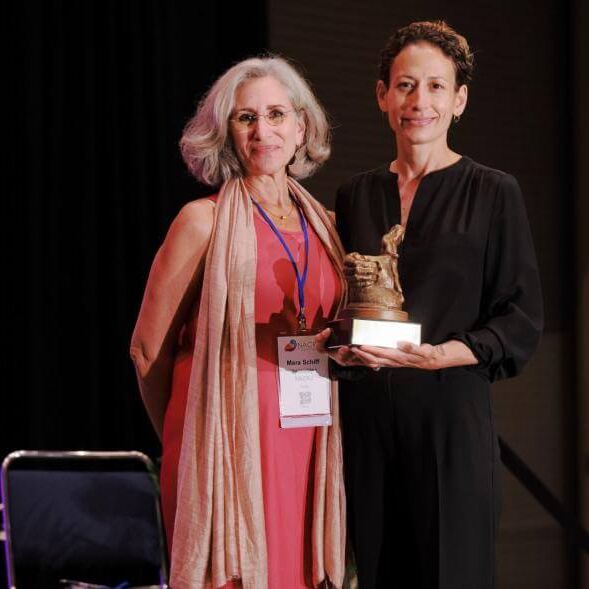NACRJ AWARDS: RECOGNIZING LEADERS IN COMMUNITY AND RESTORATIVE JUSTICE
Community and restorative justice has grown tremendously in recent decades in thanks to countless individuals, organizations, communities, and groups who work tirelessly on these efforts across the U.S. and world. As part of its national conference, NACRJ recognizes leaders in six categories who have a consistent record of putting the NACRJ mission and vision into action.
The Call for Award Nominations is closed.

2024 Award Recipients
RYSE Center
On the Richmond, CA landscape since 2008, the RYSE Youth Center is a place where integral parts of a hurting and glorious city come to shed conflict so that they may seek and create solutions.
RYSE was born from BIYOC (Black, Indigenous, Youth of Color) organizing to change conditions in Richmond and beyond. They understood creative expression and relationships as key strategies and values for cultivating atmospheric healing. They called on systems and adults to build power together with young people to dream and enliven a beloved community that is just and affirms their humanity.
Over the past 3 years, RYSE deepened its roots and raised its vision through expansion of the physical space. Moving from 6,600 square feet to 45,000 square feet, grown from RYSE’s healing-centered and creativity-led foundation, RYSE Commons fully opened to young people in Summer 2022. The activation of the RYSE Health Justice Center began in Summer 2023 and we have completed the RYSE Village, a youth-designed healing, performance, teaching and gathering space.
RYSE is a home, beloved community, and a movement creating brave spaces grounded in social justice that build youth power for young people to love, learn, educate, heal and transform their lives and communities.
